GE IC670GBI102
Technical Specifications:
- Manufacturer: GE Fanuc (also known as GE Automation)
- Product Type: Genius Bus Interface Module
- Series: Field Control Series
- Compatibility: Compatible with IC670GB and other IC670GBI modules
- Connections:
- Series of screw terminals for connecting Genius main bus and optional redundant bus
- One 9-pin D-shell display port for connecting handheld programmer (HHP)
- Supported I/O Modules: Up to eight (8) field control I/O modules
Detailed content
Data Transmission Speeds:
-
- 153.6 Kbaud standard
- 153.6 Kbaud extended
- 76.8 Kbaud
- 38.4 Kbaud
- Power Requirements:
- Operating voltage range: 90 to 135 VAC, 105 to 150 VDC
- Nominal voltage: 115 VAC, 125 VDC
- Power consumption: 115 VA at 48 VAC, 125 W at 24 VAC (full load)
- Surge current: 20 amps peak, lasting 3 milliseconds
- Hold-up time: 20 milliseconds at 6.5 VDC output voltage
- Physical Characteristics:
- DIN rail or panel mountable
- Operating temperature range: 0°C to 55°C (32°F to 131°F)
- Storage temperature range: -40°C to 85°C (-40°F to 185°F)
- Relative humidity: 5% to 95% (non-condensing)
- Vibration and shock resistant for industrial environments
- Communication Protocols: Supports Genius Bus protocol and standard Profibus transmission speeds
Functional Characteristics:
- Distributed I/O Architecture: Enables connection of field control I/O modules to the host GE CPU via the Genius bus network.
- Hot Standby CPU Configuration Support: Allows for redundant CPU configurations, enhancing system reliability.
- Memory Allocation: Provides various data types of memory allocation, including 256 bytes for discrete inputs (%I), discrete outputs (%Q), status data, and smart module fault clearing, as well as 256 bytes for analog inputs (%AI) and analog outputs (%AQ).
- Topology Support: Supports daisy-chain topology on both the main and secondary buses.
- Terminal Resistance: Provides terminal resistance connection points for bus termination, ensuring stable network connections.
Application Scenarios:
- Industrial Automation: Used in various industrial automation systems, including manufacturing, process control, and monitoring applications.
- Distributed Control Systems (DCS): Ideal for connecting distributed I/O modules in large-scale control systems.
- Machine Control: Applicable in automated machinery and equipment for real-time monitoring and control.
- Process Plants: Can be deployed in process plants for monitoring and controlling various industrial processes.

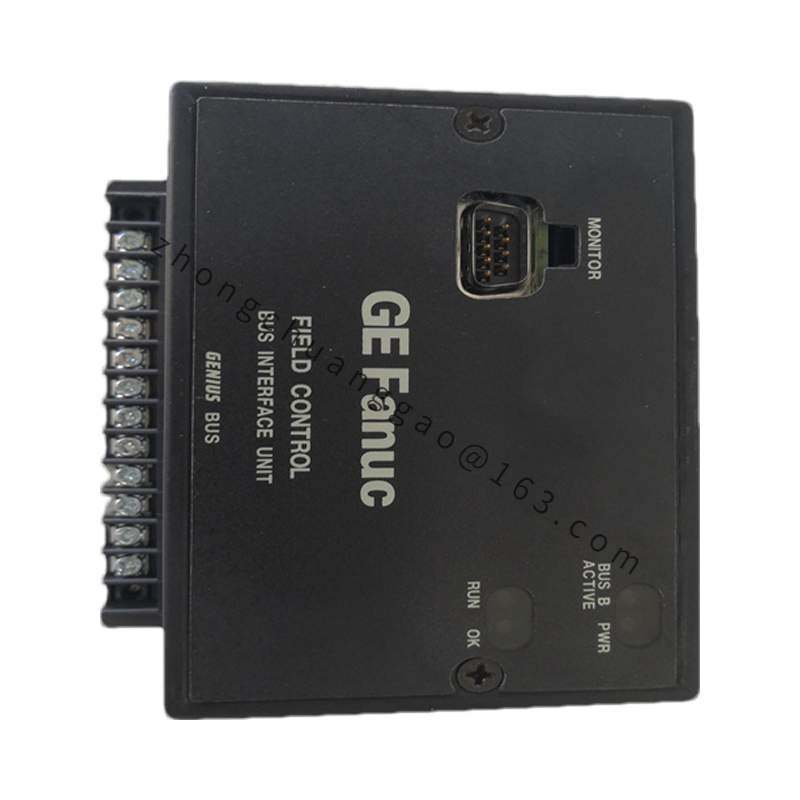

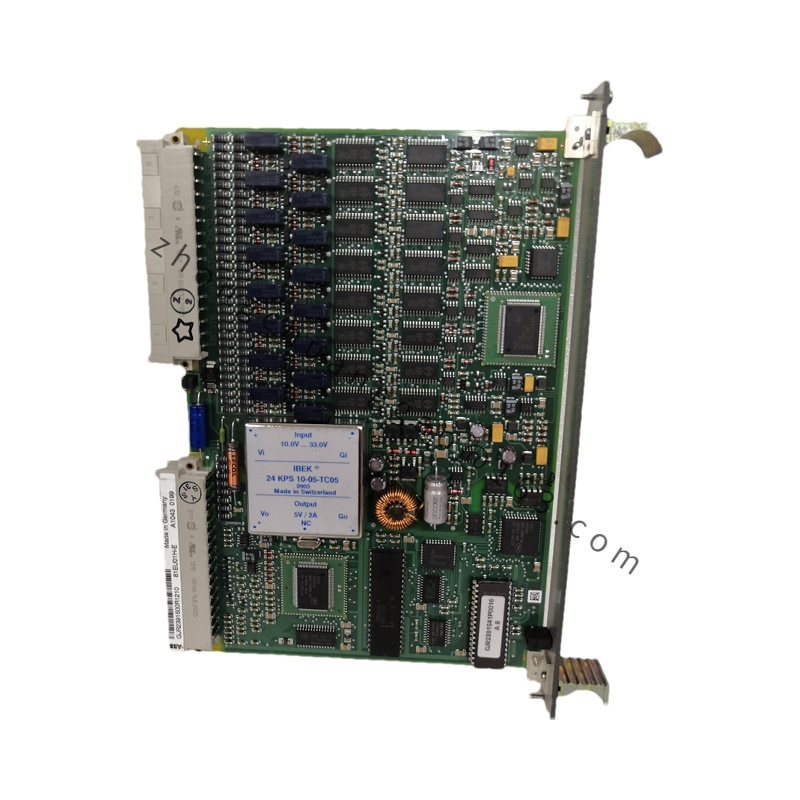
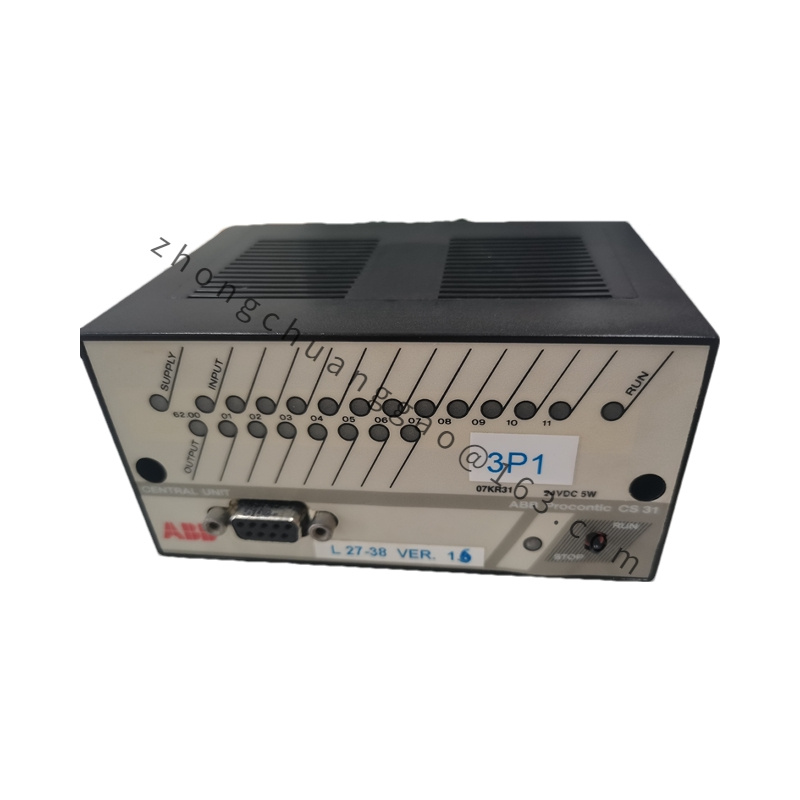
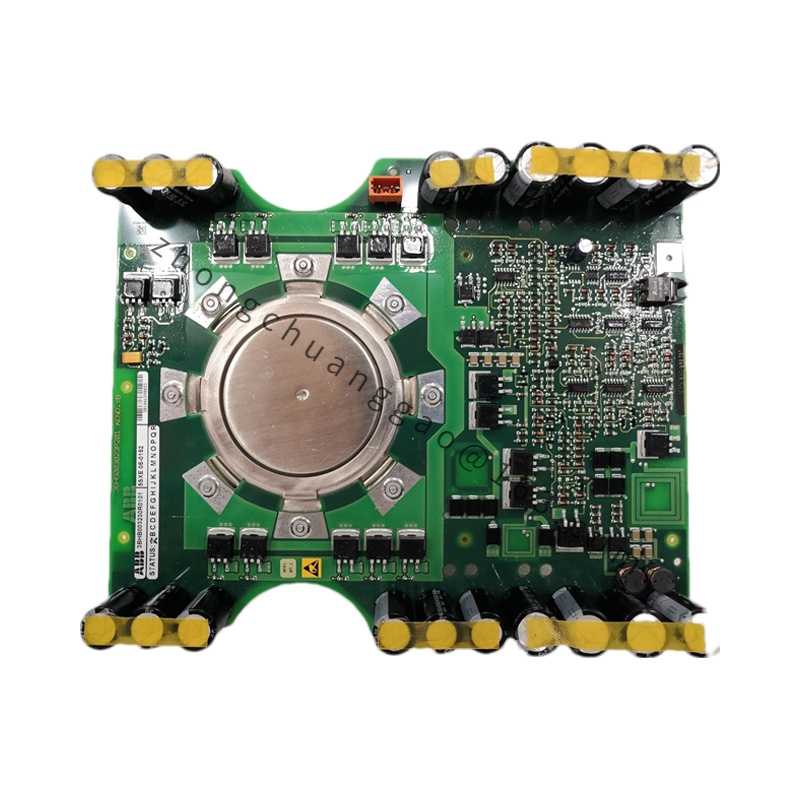
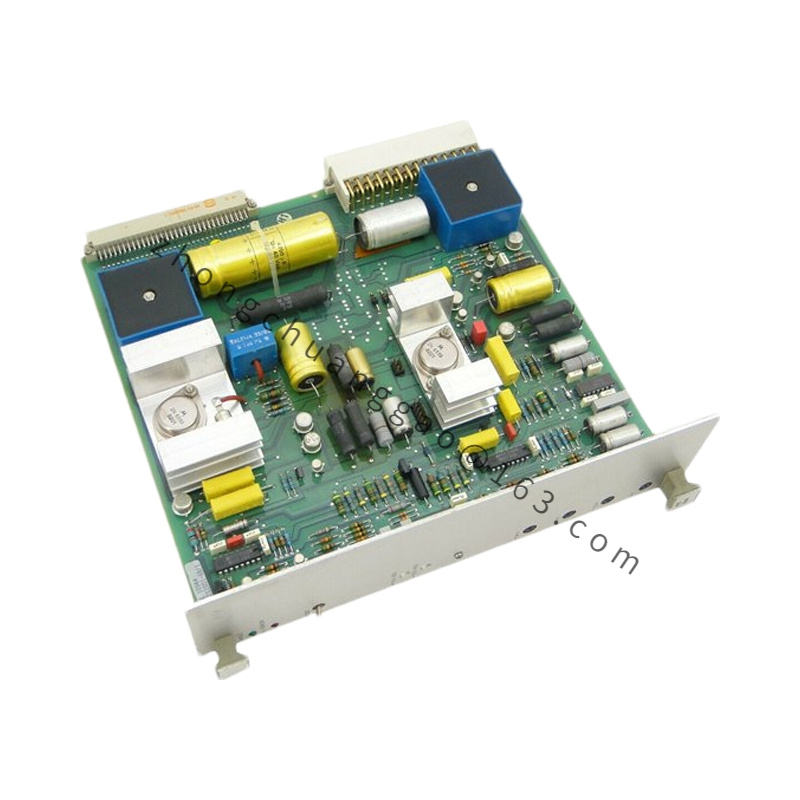

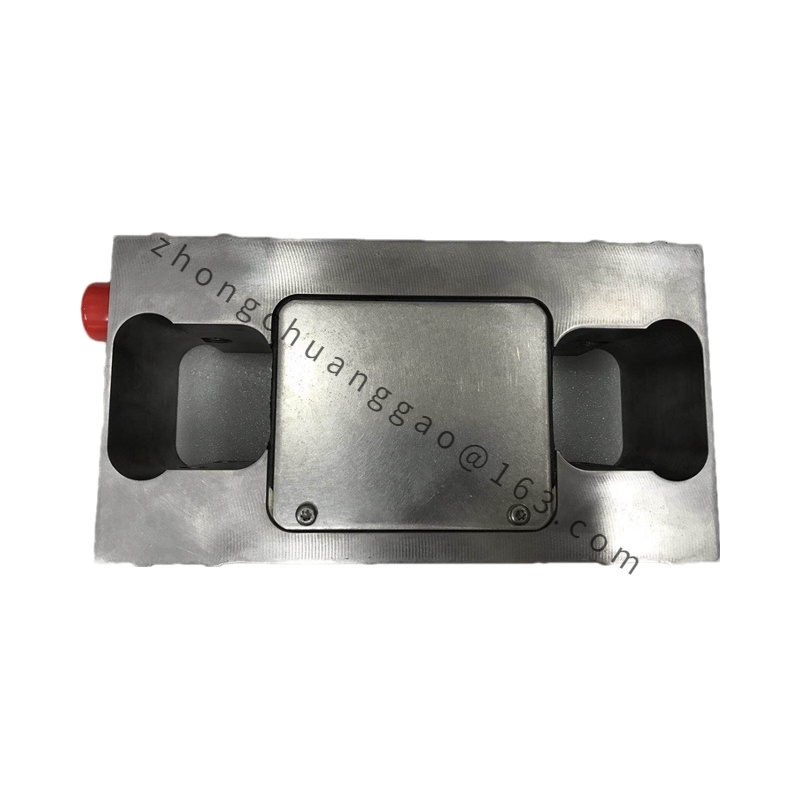
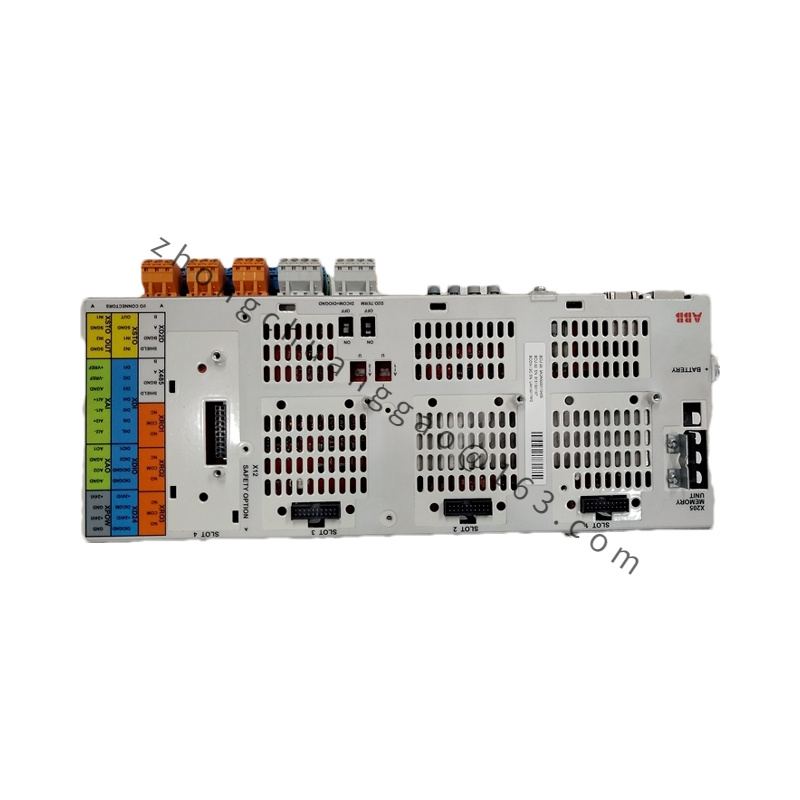
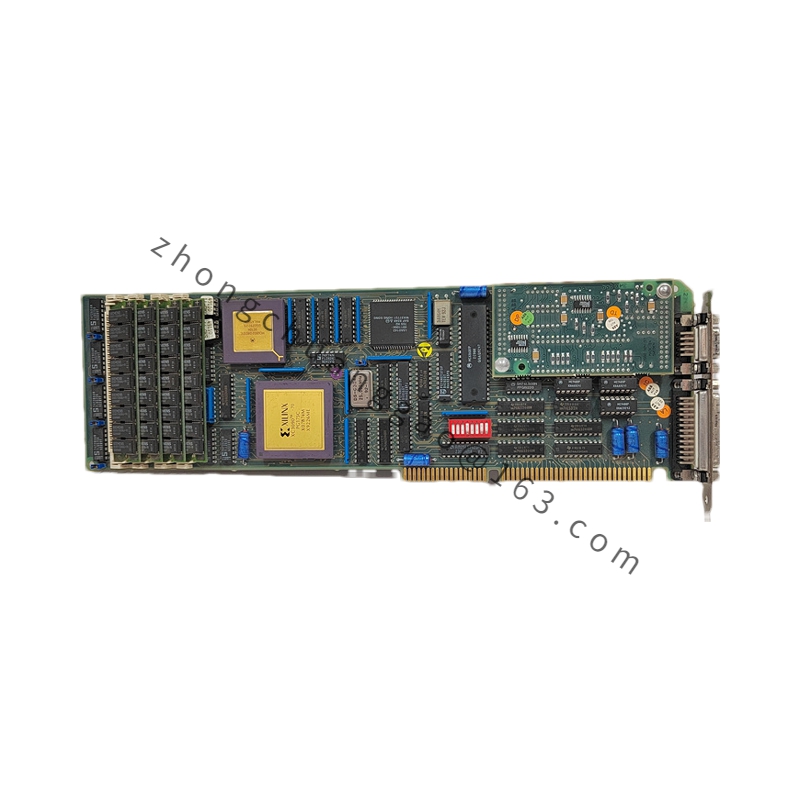
.jpg)
.jpg)
.jpg)